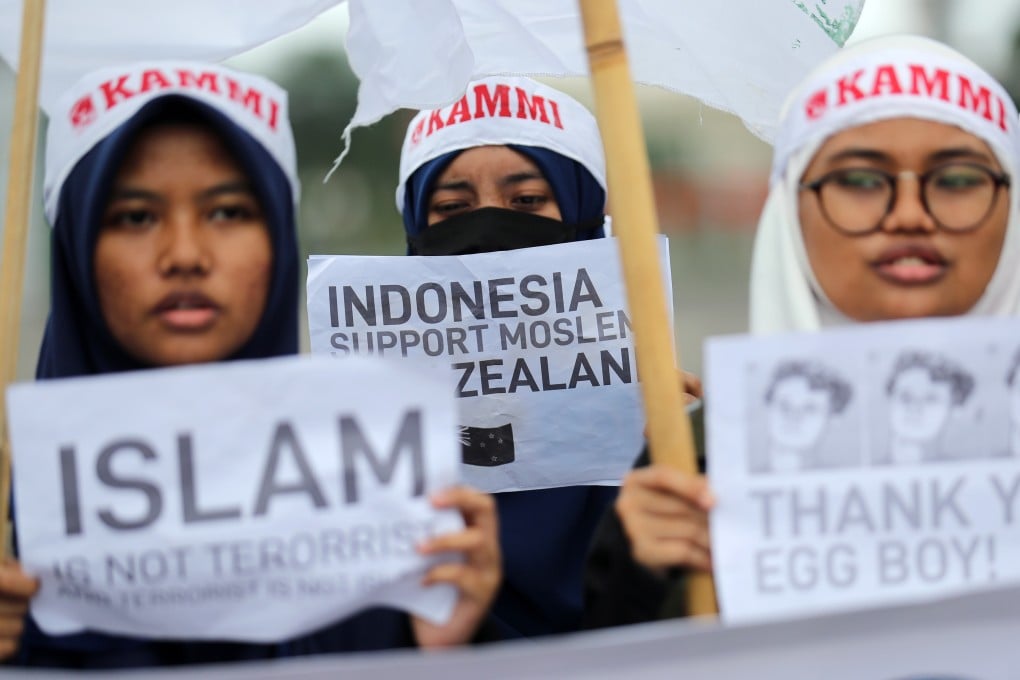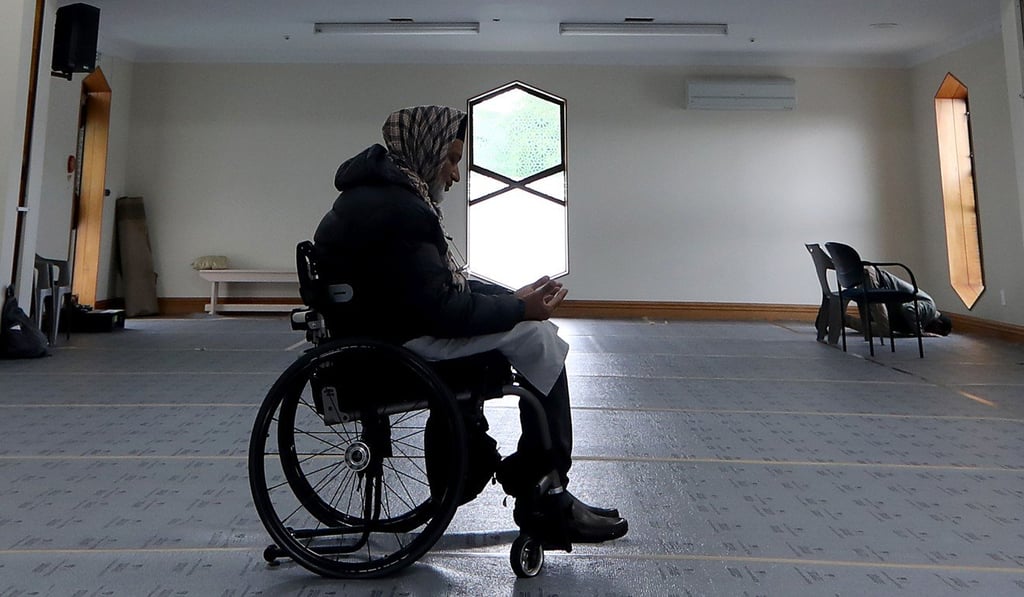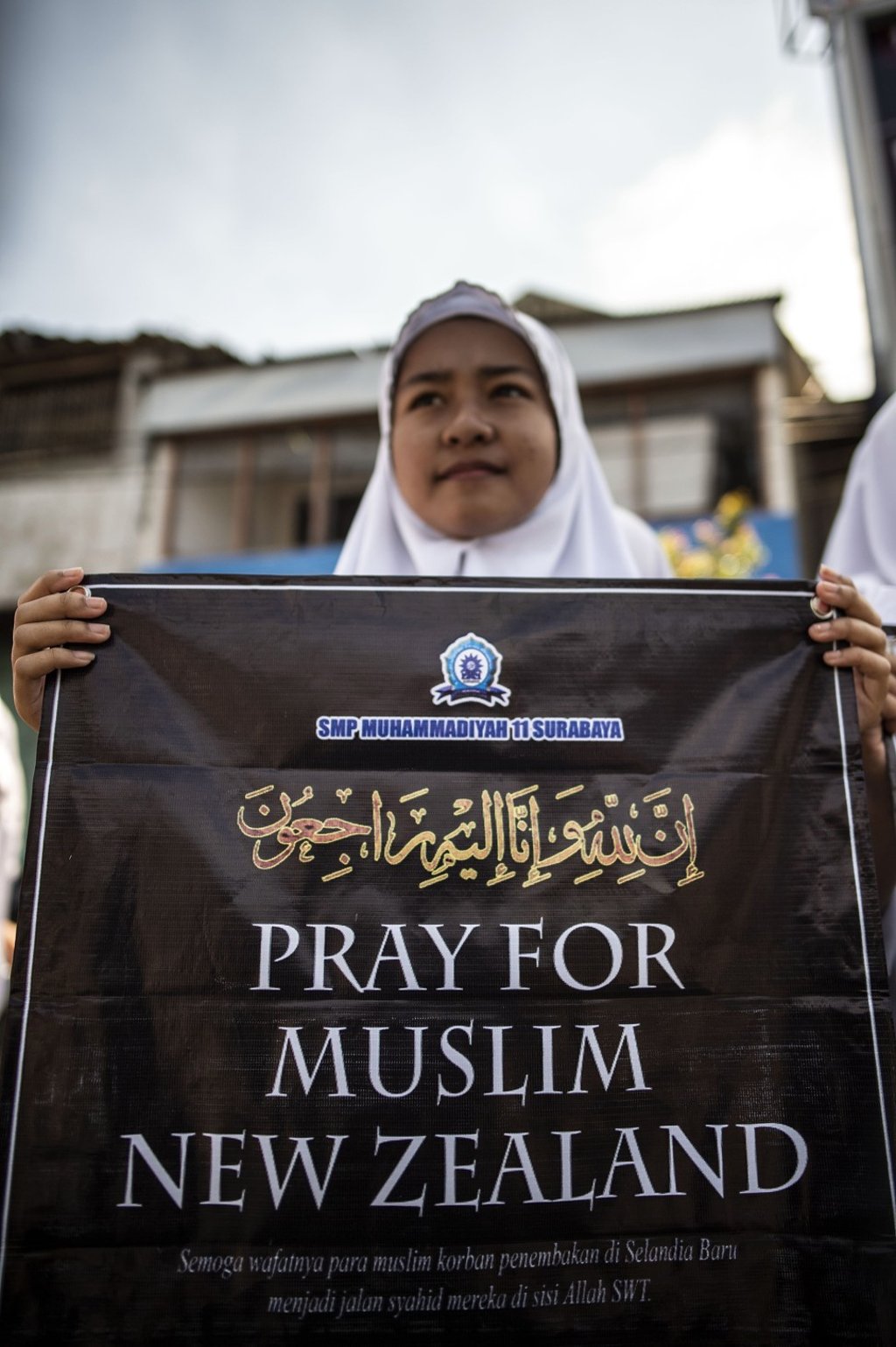How moderate Islam in Indonesia counters the religious intolerance of Islamist extremists
- After terrorist attacks on churches in Surabaya and mosques in Christchurch, New Zealand, there was an uptick in violent messaging by Islamist extremists
- Moderate Muslims promote religious harmony through social media and by outreach to different religious groups to stem intolerance they say threatens democracy

The massacre of 50 Muslims at two mosques in New Zealand last month sparked an international outpouring of condemnation and grief. The horrifying demonstration of 21st-century terrorism, by an Australian national whom media have described as a white supremacist, live-streamed the attacks on Facebook, illustrating how easy it is to use social media to spread hatred.
Islamist extremists were quick to respond, taking to cyberspace to provoke Muslims into “defending” their religion. Groups known to profess their sympathies to IS declared that adherents would wreak violent revenge in the name of victims of the Christchurch slaughter. Going a step further, however, they also expressed disdain for the “peaceful actions” of Muslims offering condolences through prayer and tolerance.
“Islam calls for hayya alal jihad [holy war], not just prayers like millah kuffar [teachings of the infidel],” one member of an extremist WhatsApp group declared.
In Indonesia, the world’s most populous Muslim nation, there is a real fear that such discourse could once again escalate into violence against peace loving fellow Muslims. In May 2018 in the city of Surabaya, 10 people were killed in multiple attacks on churches claimed by the Islamist group Jamaah Ansharut Daulah, a local affiliate of IS.

Although there are signs that religious intolerance is on the rise in Indonesia, and its tradition of religious plurality is looking shaky, moderate Muslims are forming networks to fight back against bigotry.
Non-profit organisations Gusdurian Network, Islamic site Islami.co, and Srikandi Lintas Iman are among the groups working to stem the tide of intolerance being pushed in the public domain – both online and offline.
